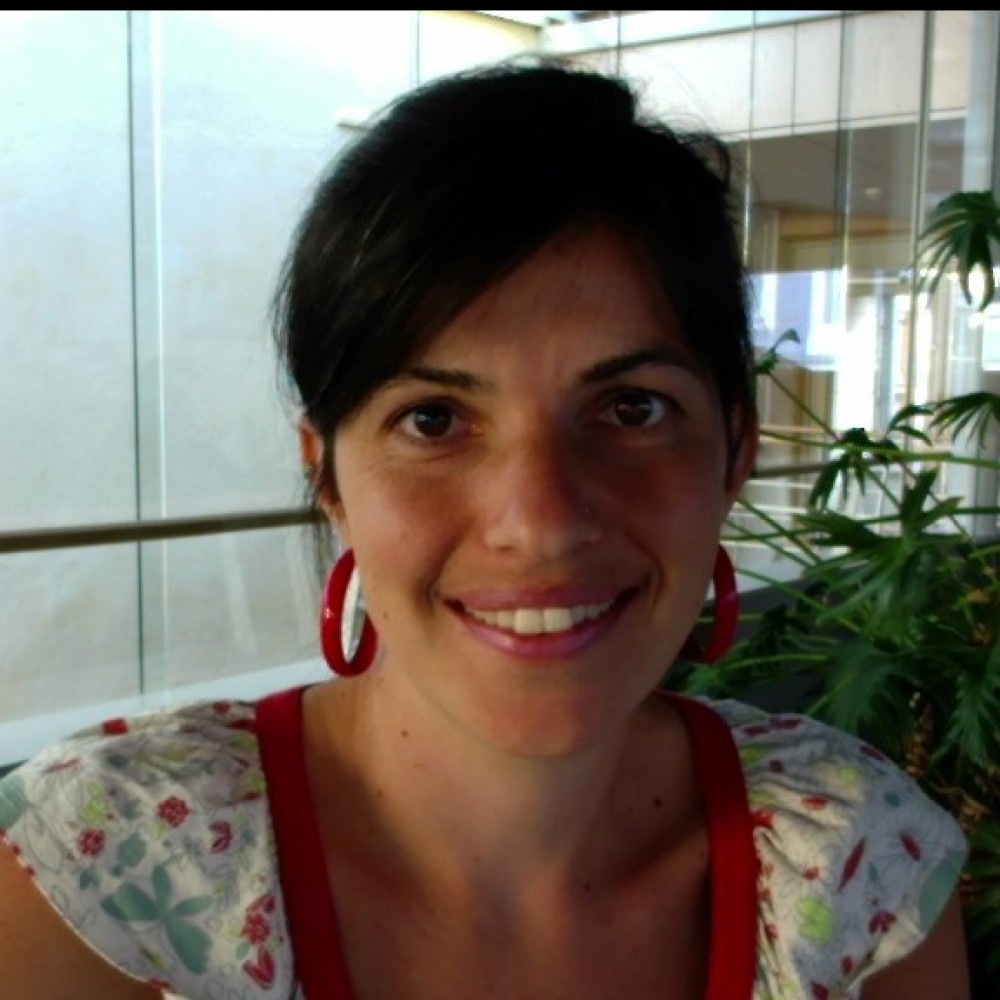Speakers
‹ Back
Dr Zsóka Vásárhelyi
postdoctoral fellow, Centre for Ecological Research
CV
Zsóka Vásárhelyi is a theoretical evolutionary biologist mainly interested in the evolution of division of labour in humans and other animals. She has also dedicated much time to science communication in various ways. Her latest project with a number of colleagues is to bring evolution inspired games into classrooms: www.evolutionisfun.hu
Abstract
Abstract:All presenters have agreed on the importance of science and technology in the fueling and in the actual implementation of the SDGs. Though so far implementation is lagging behind, and in many aspects the global situation is worse than before, there is still hope. The interlinked nature of targets requires the system’s approach to better understand the interactions, the competitive agendas and the different ways of transformation. There are 6 entry points in the system that can trigger the whole net and boost the change. These are the (1) human well-being and capabilities, (2) sustainable and just economies, (3) sustainable food systems and healthy nutrition, (4) energy de-carbonization with universal access, (5) sustainable urban and periurban development, (6) securing the global environmental commons. To secure the success of the implementation of the SDGs, science-technology-policy must work hand-in-hand. The issue is too important and too delicate not to use all intellectual sources. Therefore, all stakeholders must strive for cooperation in good faith.
Not only the SDGs are interconnected, but so is our world, and so should science be. Scientific results should be interconnected, partnerships and cooperation mechanisms established for a better cooperation among scientists around the world. There are already good examples for that – academies, young researchers have been founding international partnerships and associations to better make their voice heard. By now one can say, that the ice has broken and science and technology aspects are more taken into account when policy decisions are taken, however, there is still a long way to go. ‘Why aren’t scientists are sitting around the decision making table?’-poses the question one of the presenters. On the other hand, participants have also agreed on, that this should work vica versa as well. Politicians and key stakeholders should be invited to the tables of science, to strengthen the cooperation and to ensure better understanding between all parties.
Closing the gap between science, government, and the people is still a task. While the scientific community is working on the first aspect, the interaction with the people is also very important. Their assumption of reality, what they are afraid of, what are their real needs must be kept in mind when providing scientific solutions for the implementation of the SDGs. Being practical is also a key element.
The rules that science and technology should follow in all their actions are the 3Rs: rigor, relevance and responsibility. And what the role of science and technology is in the implementation of the SDGs? Developing new ways of solutions thorough responsible innovations, defining the best order of actions, showing the right ways to go. One must not forget about the importance of awareness raising at all levels, the need for inclusion of the SDGs in the national curricula, the re-orientation of academy goals to meet the challenge of the SDGs, and finally the need for an ambassador of the goals.
Finally, there should be a huge international fund, financed by states and companies. A global fund for SDG studies, to group the world’s best scientists through an open source, to create a knowledge-base for the change.